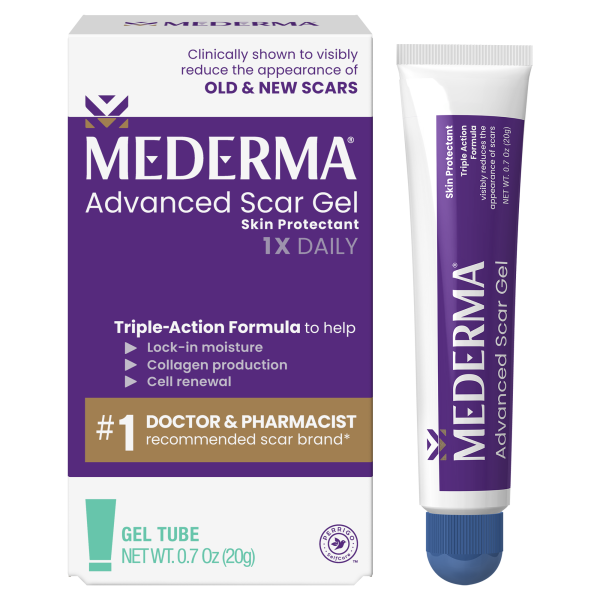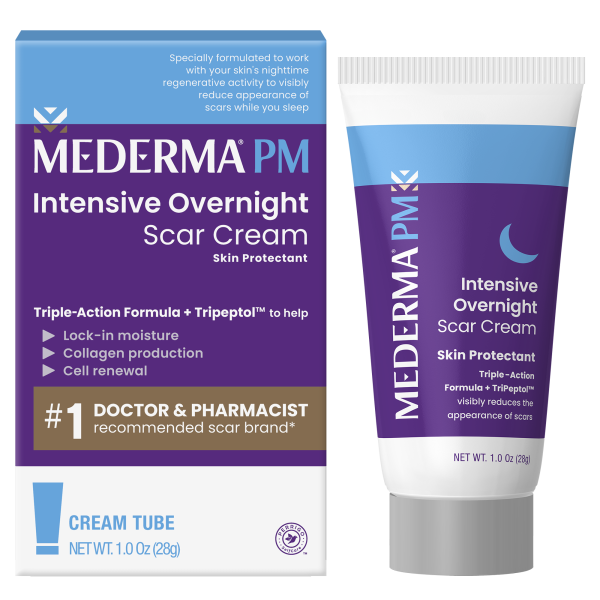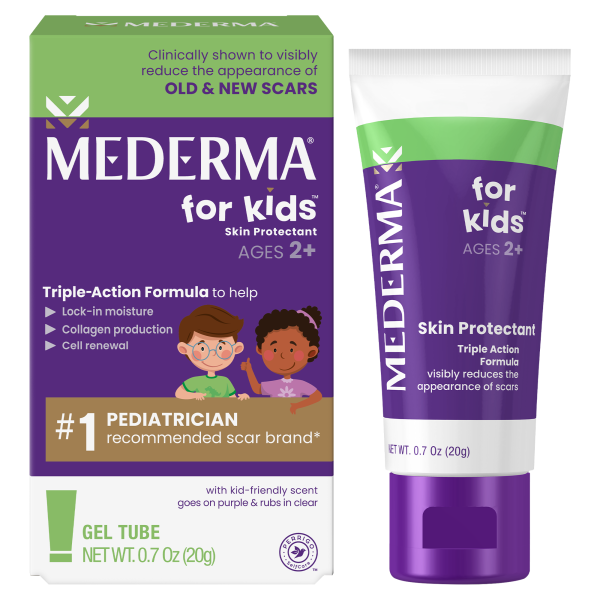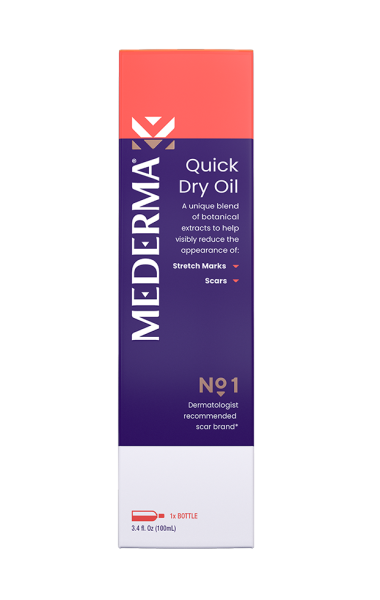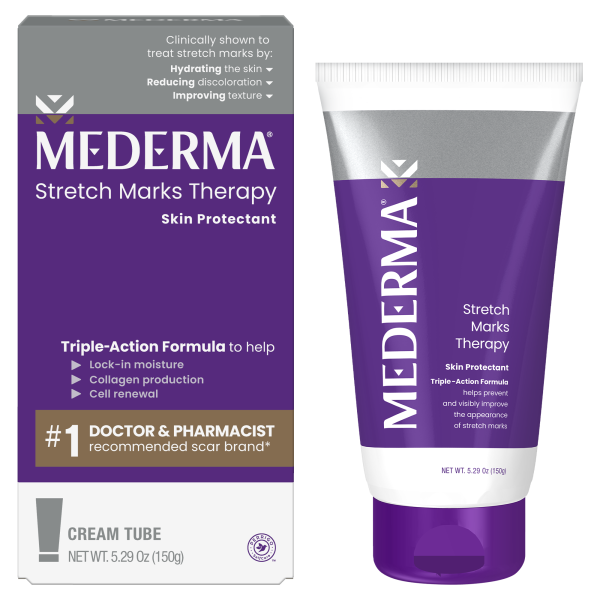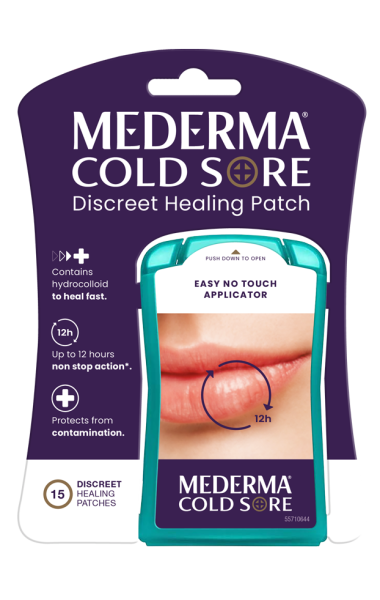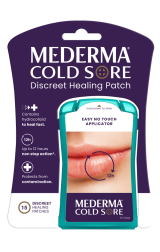Cold sores are a common condition caused by a virus, commonly the herpes simplex virus type 1 (HSV-1), and sometimes less commonly, the herpes simplex virus type 2 (HSV-2)[2]. Cold sores are very contagious and can be spread even if no blister is visible.
Once you have caught the virus, certain factors can trigger a new cold sore outbreak. We’ll look at what can trigger a cold sore outbreak.
- The cause of a cold sore and what triggers an outbreak are different
- Cold sores are caused by the HSV-1 virus
- An outbreak can be triggered by a number of factors including your health, stress and weather conditions
In this article:
- Cold sore causes
- What causes the first cold sore?
- Cold sore triggers
- Why do you keep getting cold sores?
